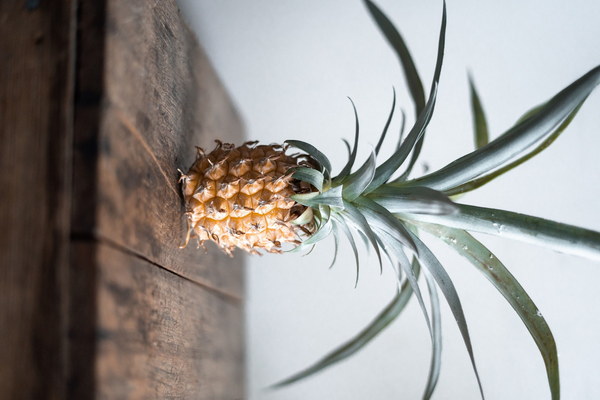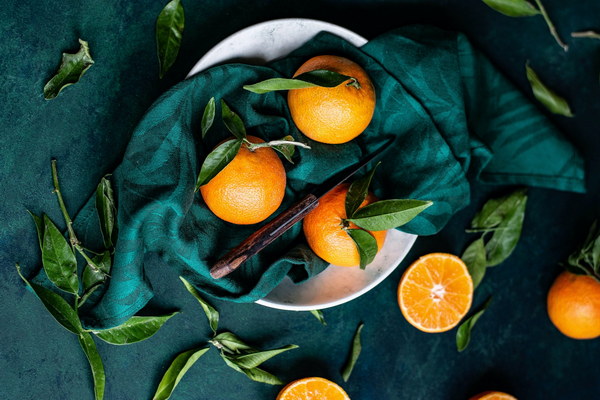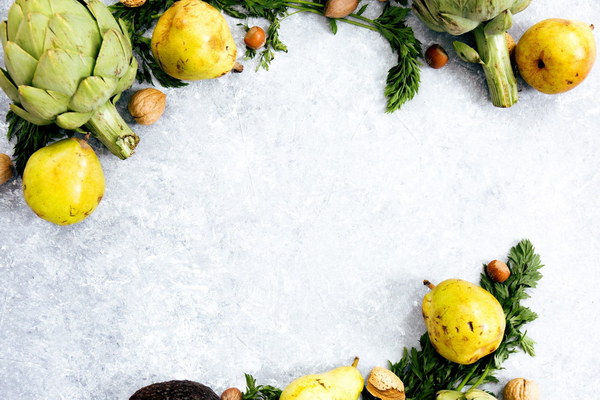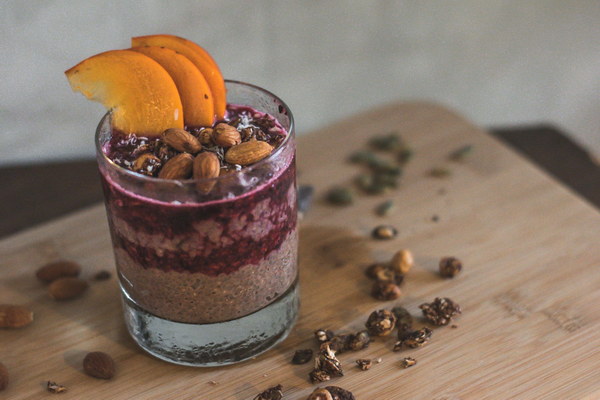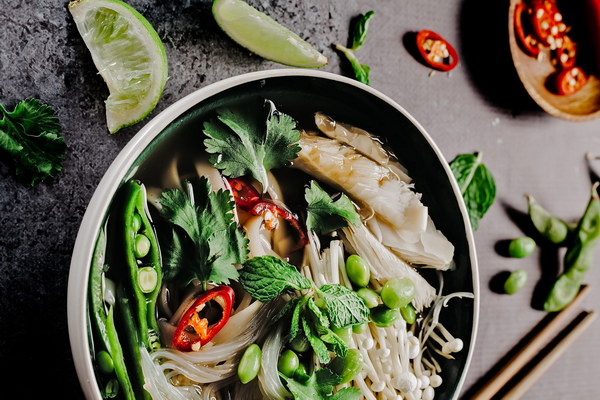Does Rice Congee Help Excrete Dampness Unveiling the Truth About Traditional Chinese Remedy
In the realm of traditional Chinese medicine, the practice of drinking rice congee (also known as rice porridge) is often recommended as a means to expel dampness from the body. But does this ancient remedy actually work? Let’s delve into the science behind this age-old practice and explore whether drinking rice congee can indeed help expel dampness.
First, let’s define what dampness is in traditional Chinese medicine. Dampness is a concept that refers to a condition in which excess moisture accumulates in the body, leading to various symptoms such as fatigue, bloating, and weight gain. In TCM, dampness is considered to be one of the seven emotions that can disrupt the body's balance and cause illness.
Rice congee, a staple in many Asian diets, is made by boiling rice in water until it becomes soft and creamy. The process of cooking rice for an extended period of time breaks down the starches and releases nutrients, making the congee easily digestible and suitable for people of all ages, including the elderly and the sick.
According to traditional Chinese medicine, the properties of rice congee are to nourish the spleen and stomach, and to expel dampness. The spleen and stomach are organs that play a crucial role in the digestion and absorption of nutrients. When these organs are functioning properly, the body can effectively eliminate dampness.
One of the reasons why rice congee is believed to expel dampness is because it is a mild and soothing food that does not burden the digestive system. This is particularly important in cases of dampness, as the body is already struggling with excess moisture. By providing a gentle source of energy and nutrients, rice congee can help the body to restore balance and eliminate dampness.
Moreover, the ingredients used to prepare rice congee can further enhance its effectiveness in expelling dampness. For instance, adding ginger and green onions to the congee can help to stimulate digestion and increase urination, which aids in the elimination of dampness. Additionally, incorporating foods such as millet, sweet potatoes, and lotus seeds into the congee can help to strengthen the spleen and stomach, thus aiding in the body’s ability to expel dampness.
While there is limited scientific evidence to support the effectiveness of rice congee in expelling dampness, some studies have shown that consuming a diet rich in whole grains, such as rice, may help to reduce the risk of certain health conditions associated with dampness, such as obesity and diabetes.

It is important to note that the concept of dampness in traditional Chinese medicine is not universally accepted by the scientific community. Some researchers argue that the concept of dampness is not well-defined and that the symptoms associated with dampness may be attributed to other underlying conditions.
In conclusion, while there is no definitive answer as to whether drinking rice congee can help expel dampness, the practice has been passed down through generations and continues to be a popular remedy in traditional Chinese medicine. The mild and soothing nature of rice congee, combined with the potential health benefits of its ingredients, may contribute to a sense of well-being and improved digestion in those who suffer from dampness-related symptoms.
It is always best to consult with a healthcare professional before making any significant changes to your diet or healthcare routine. Whether or not rice congee is an effective remedy for dampness, maintaining a balanced diet and healthy lifestyle is essential for overall well-being.


